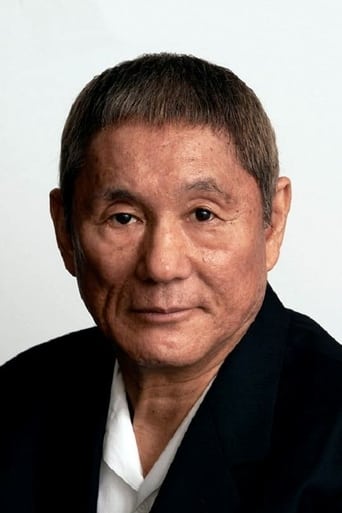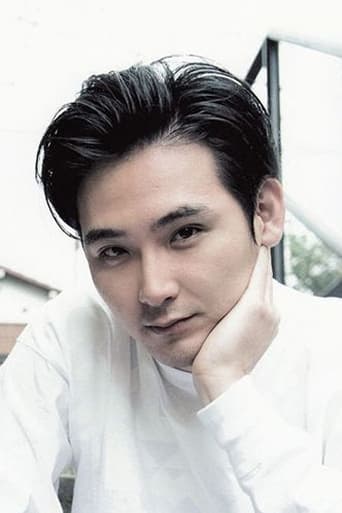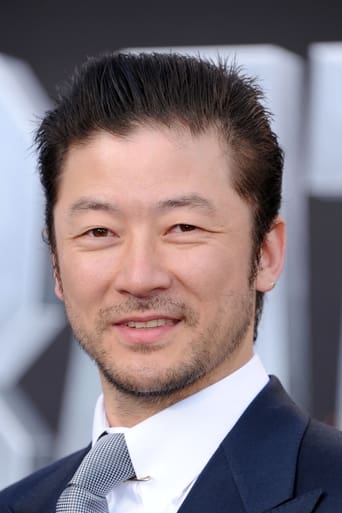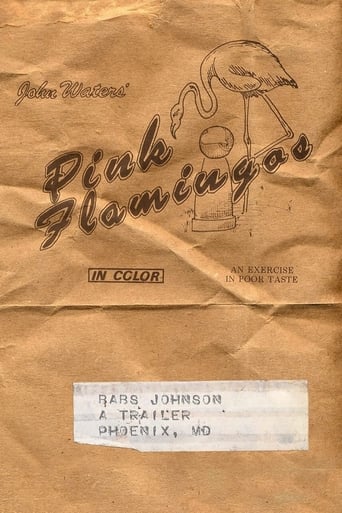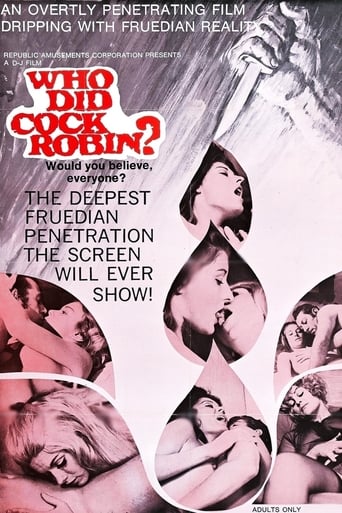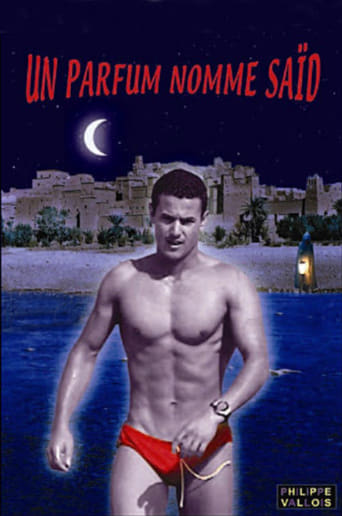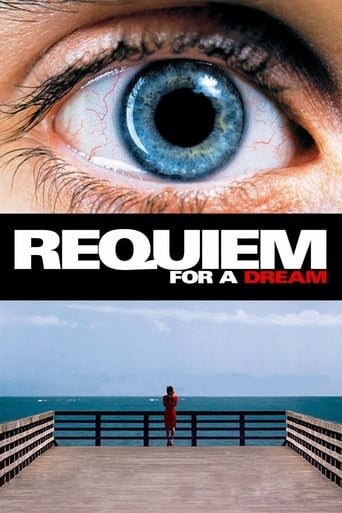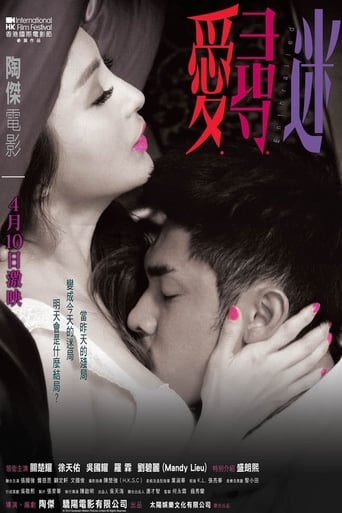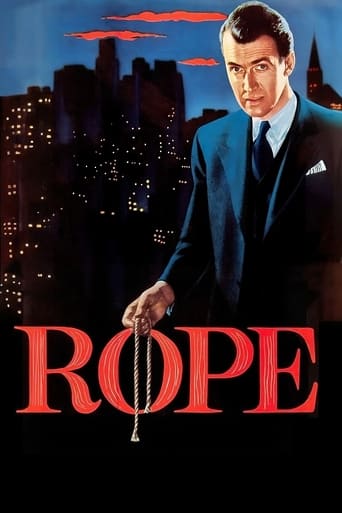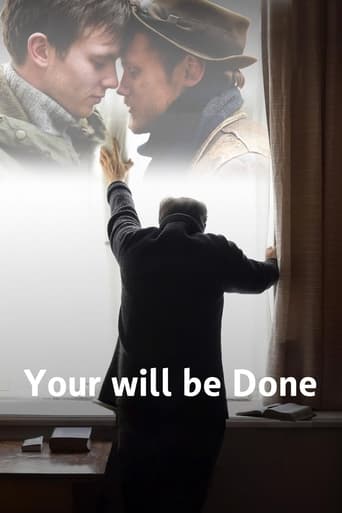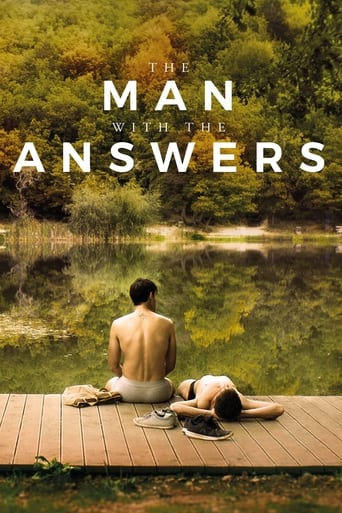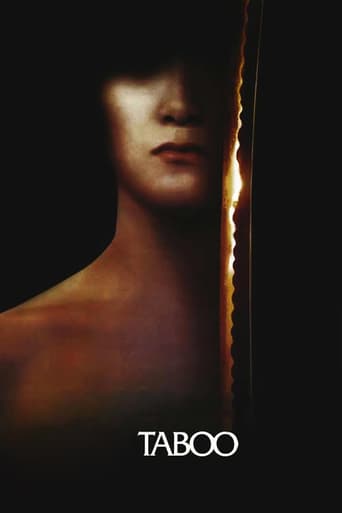
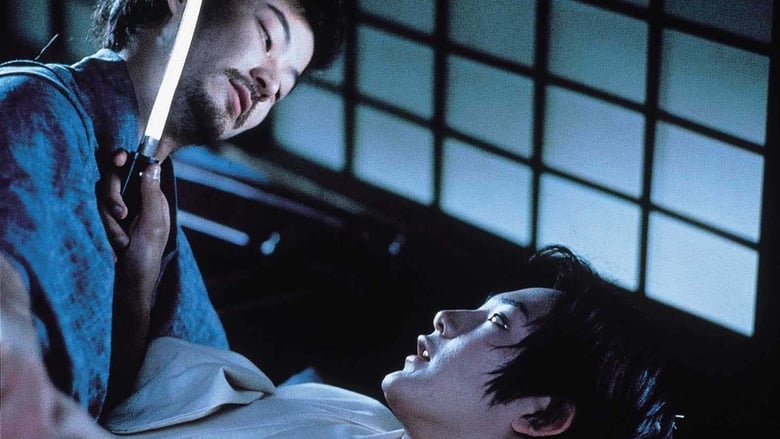
Taboo (1999)
Set during Japan's Shogun era, this film looks at life in a samurai compound where young warriors are trained in swordfighting. A number of interpersonal conflicts are brewing in the training room, all centering around a handsome young samurai named Sozaburo Kano. The school's stern master can choose to intervene, or to let Kano decide his own path.
Watch Trailer
Cast


Similar titles
Reviews
I want to comment on the geisha scene--one that is less than a minute long. There is more power, mystery, eroticism, history, suspense--and a whole bunch of other adjectives--in that one brief scene than in the entire movie Memoirs of a Geisha. Or any other movie I've ever seen with a geisha.* It is absolutely hypnotic and something you will never forget. And that's just a tiny fraction of this movie. Same sex relationships figure in the plot, so I count this as one of my ten best gay films. But it is not a gay film in any other sense except that the desire and love is for the same sex. The dialog is literate and witty, the characters are multi-dimensional, and the story has many levels. It is a meditation on beauty, obsession, jealousy, order, and disorder. This movie is fascinating, mysterious, and exquisite. What else could you possibly want?*EDIT: I learned from the message boards that the character is actually a high-ranked courtesan, not a geisha. For devotees of Japanese culture, this distinction is important; for us regular people, not so much.
Oshima has long had a fascination with the disruptive impact of sexuality in society - the story of a beautiful young swordsman and his impact on a closed warrior caste is an obvious topic for him.The movie starts very promisingly, with some beautifully filmed and dramatic scenes showing the selection and training of the warriors. But for me the movie rapidly lost its momentum and became confused and incoherent and ultimately unsatisfactory. The acting is highly uneven in quality and tone and some scenes are almost laughably badly directed (such as a highly stage bound scene where two warriors attempt to set a ladder down a very small drop). In many sections the action is filled out by ponderous and pointless voice-over narrative - usually the last resort of the unimaginative film maker.If this was by some unknown director I'd just put it down to an overambitious but untalented film maker, but clearly this can't be the case with Oshima. I found myself struggling to see what he was trying to say - is this simply a story about a handsome but vacuous and possibly psychopathic young man who causes havoc by exploiting the homosexual urges of some warriors? Is it a meditation on how beauty without depth draws men to destruction? Or is Oshima trying to say that homosexual desire and comradeship among men are intricately bound together? Its probably all of these things, but I found the story unsatisfactory and poorly thought out. Oshima makes a meal over the fact that even the 'straight' Samurai treat the boy (Kano) in a special way - he seems to think he's saying something profound here, but its hardly original to say that there are complicated emotions behind the feelings of comradeship and friendship between men. If I hadn't known this was made by a mature 'Master' film maker i would have thought it was an immature young artist thinking his banal thoughts are in some way profound and original when nothing could be further from the truth.I really wanted to like this movie - and I have thought a lot about this before writing this review as many people here (and respected critics such as Donald Richie) have loved it, and I keep thinking 'I'm missing something'. But I honestly feel that this is a poor movie by a film maker who is well past his best. The 'insights' are banal and clichéd and the overall execution of the movie is poor - the unevenness of the acting strongly suggests to me that the cast and crew were very unconvinced by the parts they were playing. I think its symptomatic of the long term decline of Japanese cinema that a movie like this that isn't remotely comparable to the numerous great Japanese films of the 20 years or so after the ending of WWII (including some by Oshima) should get such attention and praise.
I happened to catch this film on BBC4 last night. My attention was immediately caught by the stunning Japanese setting, and as the film progressed, by the unusual storyline.This film is about the Shinsen militia: a group of samurai in shogun times. The story explores the homoerotic tensions between the men, as well as the conflict with another militia (group of samurai).In a way, not much happens in the film, but at the same time, it is fascinating from beginning to end. Takeshi 'Beat' Kitano gives an impressive performance as one of the older samurai, and in fact all the actors are very good.While the overall atmosphere of the film is quite dark, there are many funny moments which lift the mood. The humour is quite subtle - no slapstick here.The film is visually stunning, with wonderful use of light and colour to emphasise the mood of each scene. The Japanese mountains, lakes, and buildings look gorgeous.There are some moments in the film which are quite graphic, both sex and violence. However, this is not done in a gratuitous or grotesque way, and I didn't find it offensive.Overall, as another reviewer has commented, this film is somewhat cold. Despite the powerful events that happen in the film, they don't really emotionally involve you as a viewer. The film almost feels like a parable rather than a 'realistic' story.In summary, this is a gorgeous-looking film with an unusual subject matter, which is well worth watching.
GOHATTO: TABOO Aspect ratio: 1.85:1Sound formats: Dolby Digital / DTS1865: A beautiful young male warrior (Ryohei Matsuda) causes jealousy and resentment amongst the members of a samurai garrison, leading to conflict and murder.Nagisa Oshima courted controversy with this unusual drama, which dares to foreground the homoerotic underpinnings of chanbara swordplay epics. Takeshi Kitano headlines proceedings as an experienced militia leader who fears Matsuda's influence on the men in his command, despite the boy's obvious fighting prowess. However, some viewers may be disconcerted by Matsuda's overtly feminised appearance, which makes him look odd rather than beautiful, undermining the film's entire premise. In fact, Matsuda is upstaged in this regard by actor/musician Shinji Takeda (PULSE), playing an equally beautiful fellow warrior whose smile and enthusiasm lights up the entire garrison, prompting a violent sequence of events during the narrative's latter stages. Though the film's 'gay' element is presented matter-of-factly, Oshima also highlights a measure of prejudice amongst Matsuda's fellow soldiers, with devastating consequences for many of the leading characters. Staged and photographed with formal grace (a typical chanbara conceit), Oshima's busy screenplay - co-written with Ryotaro Shiba, derived from fact-based literary works - moves swiftly from sex-drama to murder-mystery with lightning efficiency, and the climactic twist is genuinely surprising.(Japanese dialogue)


